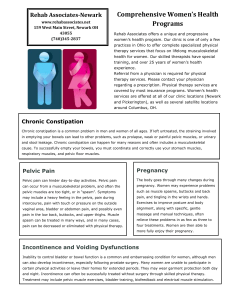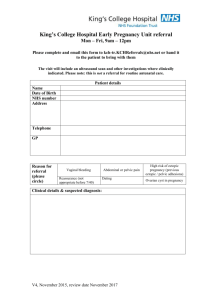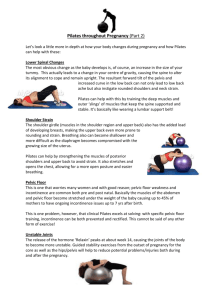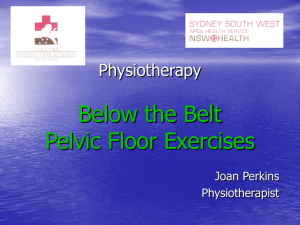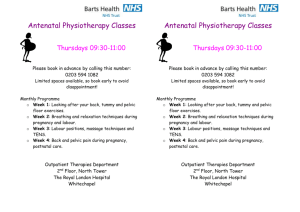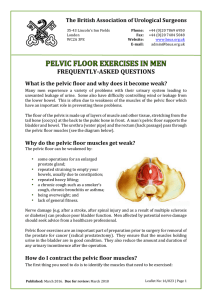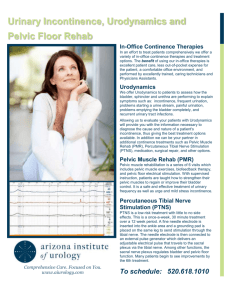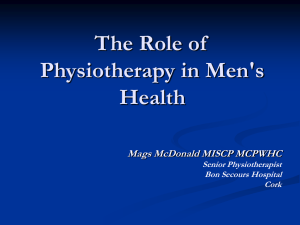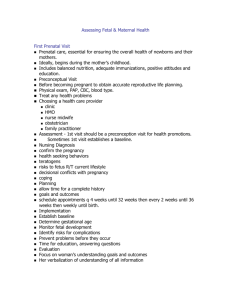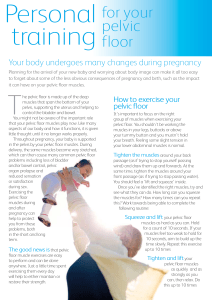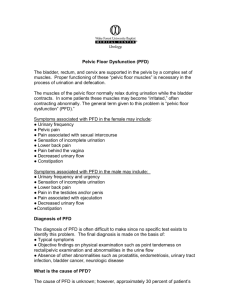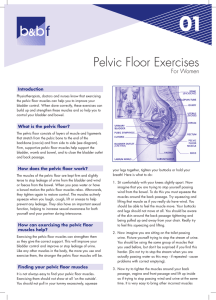Pregnancy, Post-Partum and other Women`s Health Issues:
advertisement
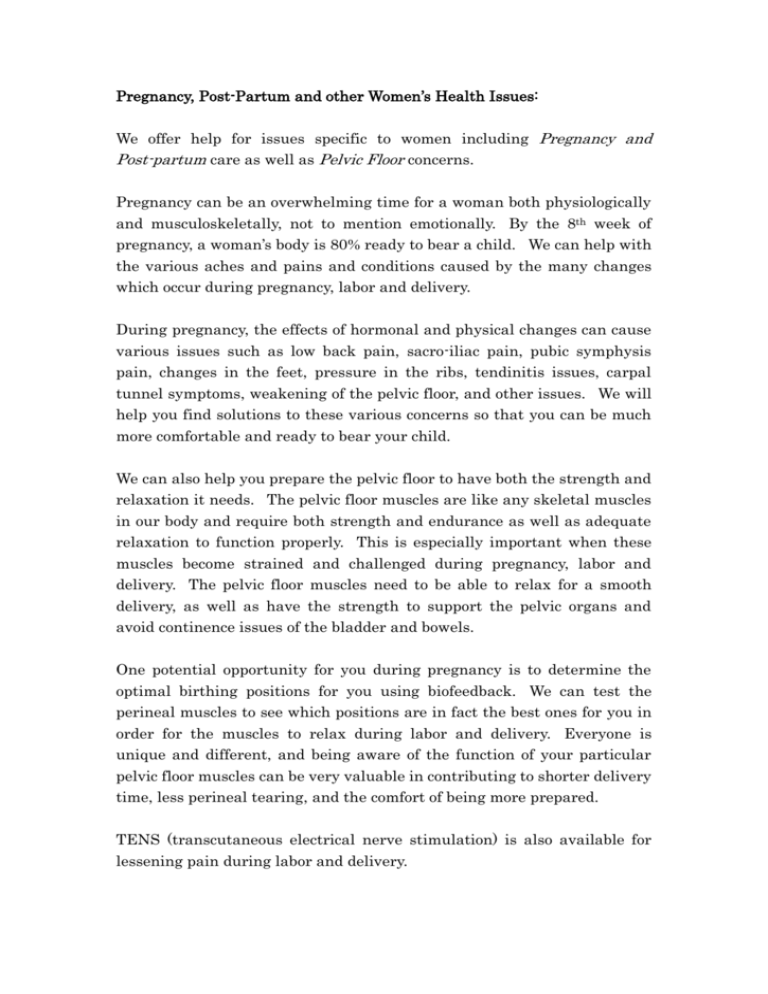
Pregnancy, Post-Partum and other Women’s Health Issues: We offer help for issues specific to women including Pregnancy and Post-partum care as well as Pelvic Floor concerns. Pregnancy can be an overwhelming time for a woman both physiologically and musculoskeletally, not to mention emotionally. By the 8th week of pregnancy, a woman’s body is 80% ready to bear a child. We can help with the various aches and pains and conditions caused by the many changes which occur during pregnancy, labor and delivery. During pregnancy, the effects of hormonal and physical changes can cause various issues such as low back pain, sacro-iliac pain, pubic symphysis pain, changes in the feet, pressure in the ribs, tendinitis issues, carpal tunnel symptoms, weakening of the pelvic floor, and other issues. We will help you find solutions to these various concerns so that you can be much more comfortable and ready to bear your child. We can also help you prepare the pelvic floor to have both the strength and relaxation it needs. The pelvic floor muscles are like any skeletal muscles in our body and require both strength and endurance as well as adequate relaxation to function properly. This is especially important when these muscles become strained and challenged during pregnancy, labor and delivery. The pelvic floor muscles need to be able to relax for a smooth delivery, as well as have the strength to support the pelvic organs and avoid continence issues of the bladder and bowels. One potential opportunity for you during pregnancy is to determine the optimal birthing positions for you using biofeedback. We can test the perineal muscles to see which positions are in fact the best ones for you in order for the muscles to relax during labor and delivery. Everyone is unique and different, and being aware of the function of your particular pelvic floor muscles can be very valuable in contributing to shorter delivery time, less perineal tearing, and the comfort of being more prepared. TENS (transcutaneous electrical nerve stimulation) is also available for lessening pain during labor and delivery. For post-partum women, we offer care for common conditions including low back pain, pelvic girdle or pubic symphysis pain, diastasis recti (separation of the abdominal muscles), postural imbalances, shifts in the ribcage and abdomen, tendinitis, C-section rehabilitation and pelvic floor re-conditioning. Regardless of age, activity level or childbearing status, 30-40% of women experience some sort of incontinence (whether related to stress, urge, or mixed). This figure is much higher for post-partum women. Stress incontinence is the involuntary leakage of urine with straining activities such as laughing, coughing, lifting, exercising etc. Urge incontinence is getting a strong feeling or urge to void and not always making it before leaking a small amount. Mixed incontinence is having a combination of both stress and urge incontinence. Another common issue women have is organ prolapse (bulge) of the pelvic organs. This can be of the uterus, bladder (cystocele), or rectum (rectocele). Symptoms can be a feeling of fullness, pressure, or falling out in the pelvic region, discomfort with weight-bearing activities, feeling better lying down, or a feeling of incomplete voiding, etc. The good news is there is a high success rate (85% and above) with conservative physical therapy treatment for both incontinence and prolapse conditions. Treatments are a customized combination of manual therapies, pelvic floor and core muscle training programs, urge suppression techniques, diet and fluid education, bladder training, biofeedback and electrical stimulation. It is not uncommon for women to feel that many such complaints are “normal”, when in fact they are not, and most women are too embarrassed to speak about such issues, even with their physicians. We are happy to be able to assist women in helping to address their concerns and regain active and worry-free lives. Please don’t hesitate to contact us for any questions or concerns you may have.
